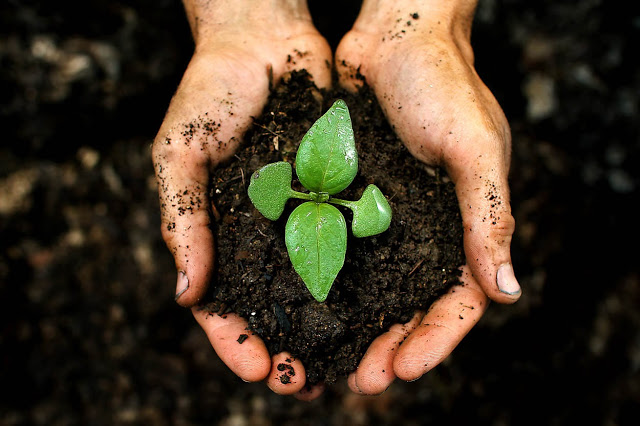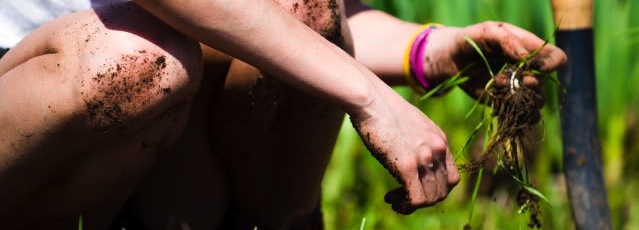Careers In Science: Soil Scientist

What Does A Soil Scientist Do?
A soil scientist gathers, interprets and evaluates information about the chemistry, biology and physics of soils to inform and influence issues as diverse as agricultural production, environmental quality, human health, climate change, land remediation and biodiversity. Soil science is an integrated science, covering several scientific disciplines.
What Are The Duties Of A Soil Scientist?
Most soil scientists are involved in some of the following:
• Communicate the findings of research with other professionals and the general public for educational purposes
• Develop new fertilizers and environmentally friendly agricultural products
• Review and comment on soil assessments and conservation plans
• Incorporate waste streams, such as manure and compost, into soil nutrient management programs
• Plan and supervise soil management programs for farms, urban areas or industrial areas
• Study soil biology to determine organic matter content and quality, soil fauna, microbial activity and the effects of organic matter loss
• Study soil fertility and plant nutrient levels in soils for crop production
• Conduct research to determine how soil forms
• Participate in the development of improved soil conservation methods
• Identify degraded soils and develop plans to improve their chemical, biological and physical characteristics
How Much Does A Soil Scientist Get Paid?
Salaries vary depending on the sector you work in, type of organisation, your qualifications and experience. Soil scientists operating in the private sector and working for commercial environmental consultancies typically earn more than their counterparts employed by public sector bodies or voluntary organisations.
What Are The Skills And Personal Traits Of A Soil Scientist?
A person with an interest in this particular career field should have the following character traits:
Attention to Detail
Integrity
Initiative
Dependability
Independence
Persistence
Adaptability
Innovation
Science (rules & methods)
Active Listening
Critical Thinking
What Are The Education And Training Requirements?
To become a soil scientist, you need to begin by earning a Bachelor of Science degree in a field such as botany, biology, agriculture, geology, forestry, environmental science or agronomy. If you want to become a soil scientist who works as a consultant in the environmental, commercial, horticulture and agriculture sectors, you may need a master’s degree in one of the aforementioned fields. If you want to become a soil scientist who works in a research or a university teaching position, a PhD in one of these fields is almost certainly needed.





